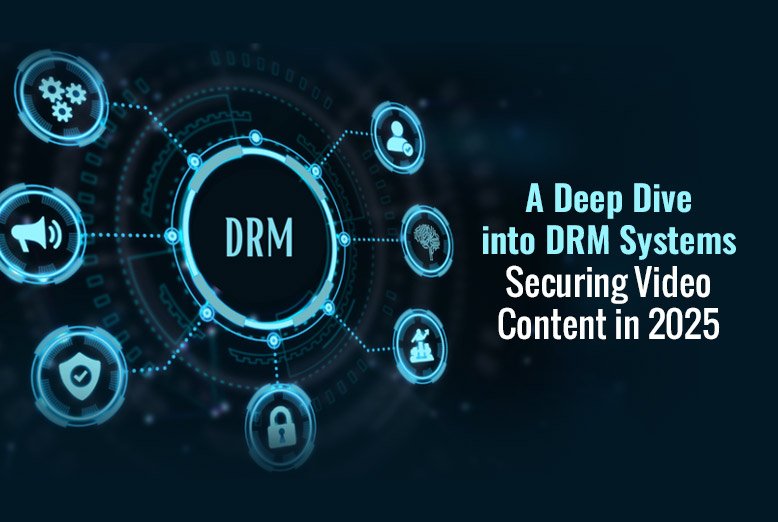In an age where the depletion of resources and environmental degradation pose significant threats to our planet, sustainability has become more than just a buzzword; it’s a necessary approach to ensuring a livable world for future generations. However, the path to sustainability is not paved with guesswork or good intentions alone. It requires the rigorous application of data-driven decisions. This blog post explores how leveraging data has become the cornerstone of sustainable practices across industries, ensuring that every step taken is one in the right direction.
Driving Sustainability in the Energy Sector
The shift towards renewable energy sources is a testament to the role of data in making sustainable choices. Data regarding wind patterns, solar irradiance, and energy consumption patterns empower energy companies to optimize their operations, minimize waste, and reduce their carbon footprint. The result? A cleaner, more sustainable energy grid that benefits everyone.
The Role of Data Acquisition in Quality Assurance
To further refine sustainability efforts, understanding the nuances of data acquisition proves invaluable. These systems enhance quality assurance, offering deep insights through testing and measurement capabilities. This capacity for precise, comprehensive data analysis supports the development of more effective and efficient sustainability strategies across various sectors.
Sustainability in Business: Beyond the Bottom Line
Today, businesses across the globe recognize that sustainability is not just an ethical choice but a smart one too. Through data analysis, companies can streamline operations, reduce waste, and ensure their supply chains are environmentally friendly. This doesn’t only reduce their ecological footprint but also boosts their brand image and customer loyalty in a world increasingly conscious of environmental issues.
The Power of Data in Environmental Conservation
Data analytics allows us to understand complex ecosystems and their responses to human activities in unparalleled detail. By employing satellite imagery, sensor data, and advanced modeling techniques, conservationists can monitor deforestation rates, the health of ocean ecosystems, and the impact of urban sprawl on natural habitats. This precise understanding helps in crafting strategies that are not only effective but are also efficient in resource utilization.
Embracing Technological Advancements for Greener Solutions
The integration of AI and machine learning into sustainability efforts marks a promising advancement. These technologies can analyze vast amounts of data to predict environmental trends, optimize resource allocation, and enhance decision-making processes. By harnessing the power of these tools, we can accelerate the global transition to more sustainable practices.
Strengthening Community Initiatives for Sustainability
Community-led initiatives are becoming a pivotal aspect of the sustainability movement. Local projects, such as community gardens, recycling programs, and shared renewable energy systems, demonstrate the power of collective action. Data can help identify the most impactful projects, track progress, and encourage broader participation by showcasing real-world results.
Enhancing Sustainable Agriculture Practices
Agriculture, a cornerstone of human survival, faces the challenge of meeting the world’s food needs without compromising the earth’s health. Here, data analytics steps in to revolutionize how food is grown. From precision farming to water-efficient irrigation techniques, data-driven approaches help farmers increase yields while minimizing environmental impact. This ensures food security for the future while keeping the earth green and thriving.
Policy and Regulation: Shaping a Sustainable Future
For data-driven sustainability to reach its full potential, supportive policies and regulations are essential. Governments play a key role in creating frameworks that encourage transparency, data sharing, and the adoption of sustainable technologies. By aligning policy objectives with sustainability goals, lawmakers can facilitate meaningful change that benefits both people and the planet.
Urban Planning and Sustainable Development
As urban areas continue to grow, the challenge of developing sustainable cities has never been more critical. Data-driven urban planning enables the creation of green spaces, efficient public transport systems, and energy-efficient buildings, all of which contribute to reducing a city’s carbon footprint. By making informed decisions about land use and infrastructure development, we can build urban environments that are livable, resilient, and sustainable.
Conclusion: A Sustainable Future is a Data-Driven Future
As we navigate the uncertainties of the 21st century, one thing is clear: our sustainable future relies heavily on our ability to make informed, data-driven decisions. From the conservation of natural habitats to the optimization of energy use and the promotion of sustainable agriculture and businesses, data is the key that unlocks the door to a healthier planet. By embracing a data-driven approach to sustainability, we ensure that our actions today pave the way for a greener, more sustainable tomorrow.
Also Read: Maximizing the Value of Your Data with SAP S/4HANA and SQL Server Integration















